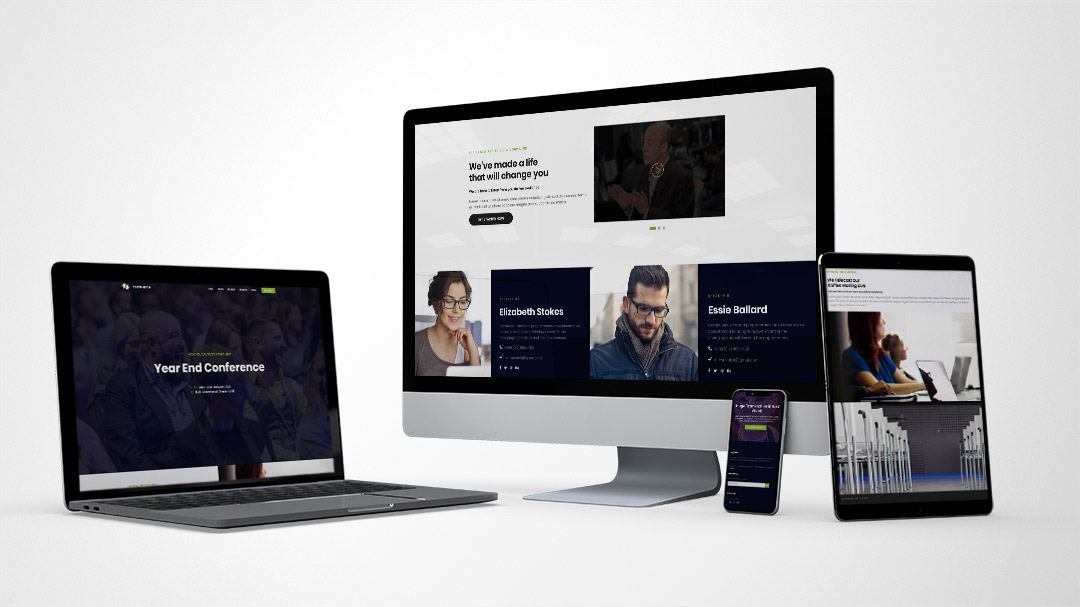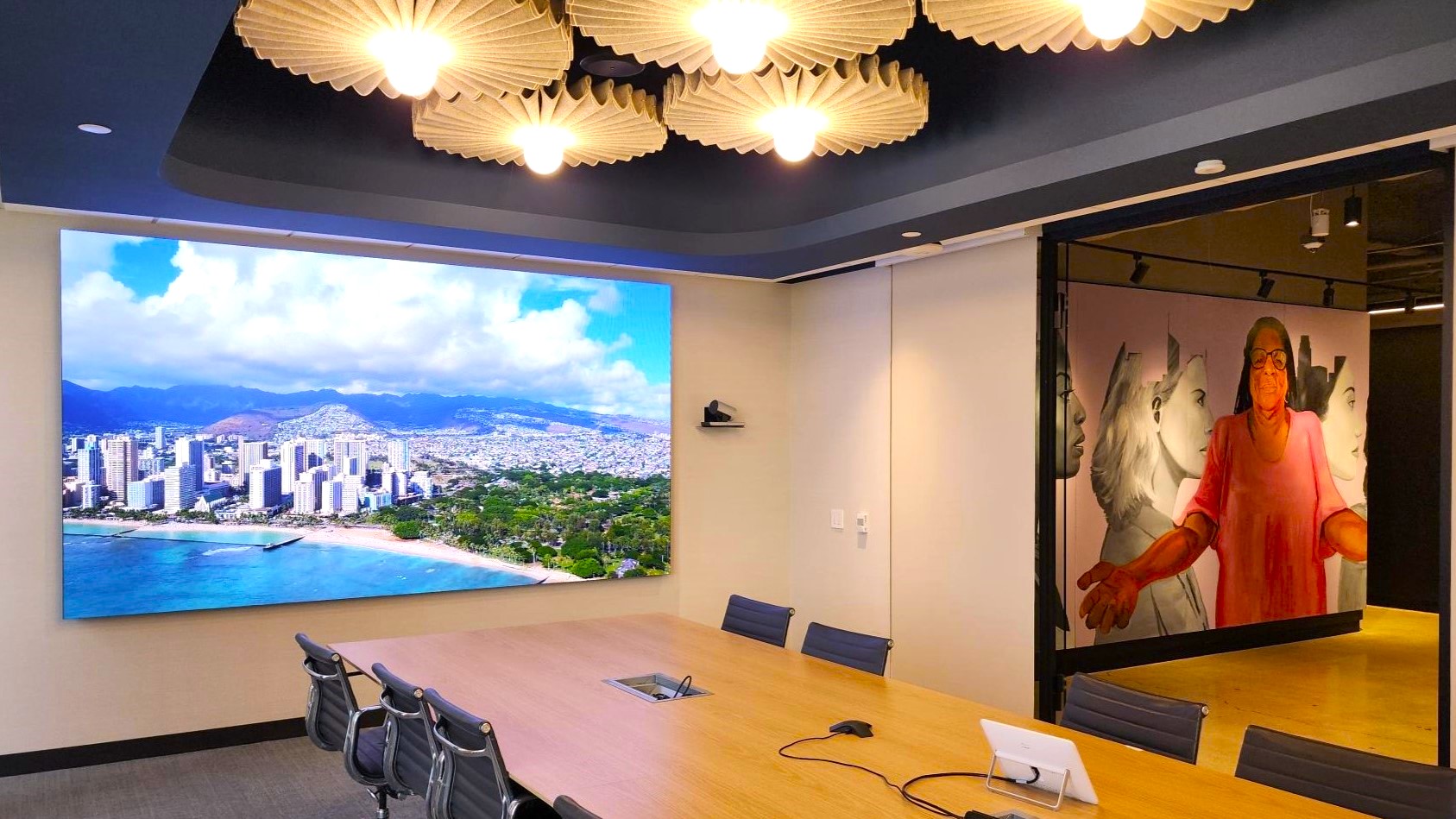
Summer is usually a popular time for organizations to plan their annual events and conferences, but evolving guidelines around gathering are leading to more and more events being cancelled or postponed. But what about virtual events?
Benefits of Virtual Events
Traditional in-person conferences usually involve travel and close quarters, which has shifted in these times. Virtual events eliminate the need for in-person contact and travel because everything can be done from home, or anywhere you can connect to the internet.
Hosting an event online can even expand attendance beyond traditional events. With fewer excuses not to watch from the comfort of home or a local office, viewership for live streams or discussions are often much higher. There’s also no potential interference for virtual events. No weather delays or cancellations, as long as there’s a solid internet connection, you can host an event.
No matter the event style, there’s a virtual event program set up for it. From speaker series to panel discussions. Video conferencing platforms allow multiple participants to call in at once, whether to speak or just to listen, viewers can leave comments on live videos, and programs can viewed at home from a multitude of devices. With live streaming platforms, videos can also be recorded for later viewing for anyone who can’t tune in during the live broadcast..
What are Popular Event Types for a Virtual Format?
The current trend toward virtual events includes many options, and the creativity is endless as the platforms grow. Online conferences, product demos, virtual trade show booths and even hybrid events are having their moment with both in-person and remote attendance for maximum viewing.
Online Platforms and Considerations
A variety of online platforms exist to help host and manage your virtual event. There’s also a number of options to consider to help choose which one best fits your needs. Some popular options include live stream or playback capabilities, ability to track user engagements and live viewer numbers, and flexibility in group size, ranging from 2 to over 200.
Some popular virtual event platforms include Zoom, Microsoft Teams, and Webex. While most platforms can support these formats, they all have specific strengths.
- Zoom offers chat, Q&As, polls, streaming, interactive video, and a viewer engagement tracker.
- Microsoft Teams offers producer and moderator roles, event coordination features, and the ability to make events public or private.
- Webex offers real-time screen sharing, Q&As, event analysis, and the ability to record or stream.
Custom solutions are also helpful when the platform needs to go beyond a simple webcast. A custom-built website with embedded video, an asset library, speaker schedules, and registrations for a multi-day event with branded content is ideal when you are ready to take your event to a new level.
There are a few elements to consider when planning your virtual event, and what you want your audience to be able to do. How much is your audience going to participate in this event? For example, a panel discussion might allow viewers to pose questions via chat or video, where a single guest speaker does not require much participation. There’s also an element of how audio and visual for any speakers will be handled. Will someone be onsite to manage any malfunctions and provide sound or lighting equipment, or are you relying on each individual’s pre-existing technology and equipment?
Unrelated to the platform, hosting a virtual event requires careful consideration of scheduling, particularly when you have attendees in multiple countries and time zones. How do you find a time that works for everyone? One way to combat that is to make content available for viewing at a later date, so that anyone who can’t watch live can still have access to the content. This content can also be saved for employee education later on.
When travel and conferences just aren’t possible, virtual events are the natural progression in our age of online media. You can still keep your audience up to date with real-time discussions, chat, and video, and even save your content for later viewing. So consider hosting your event online next time, you might even have a bigger turnout than you would have in person.
Talk to Us About Your Project
Too busy to chat right now?
Send us a message.





